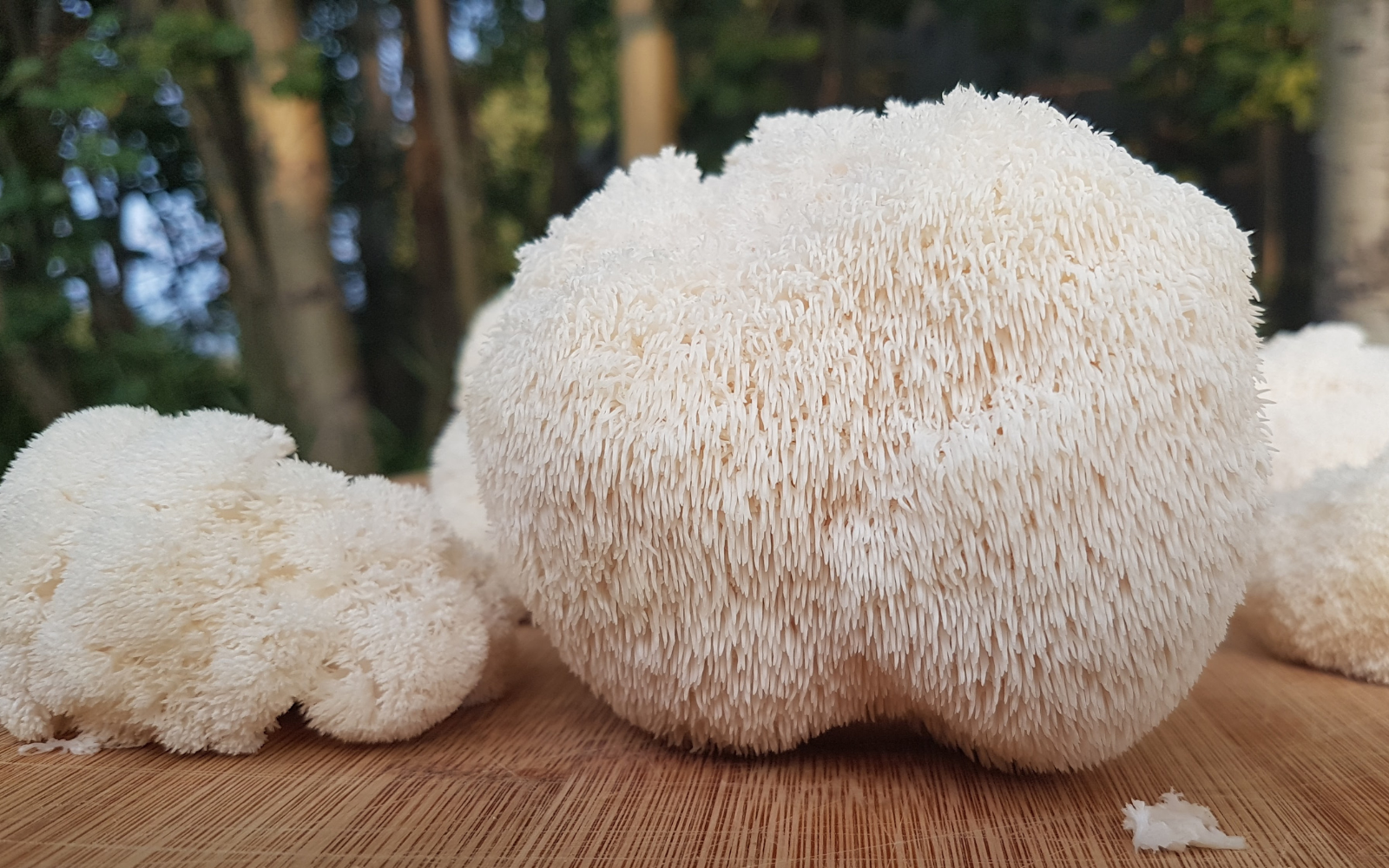Potential Health Benefits of Lion's Mane Mushroom
Lion's Mane mushroom (Hericium erinaceus) has been used in traditional medicine for centuries, particularly in Asian countries like China, Japan, and Korea. It has gained popularity in recent years due to its potential health benefits, supported by emerging scientific research.
Some of the potential health benefits of Lion's Mane mushroom include:
1. Brain Health:
Lion's Mane contains compounds that may promote nerve growth factor (NGF) production in the brain. NGF is a protein that plays a crucial role in the growth, maintenance, and survival of neurons. By stimulating NGF production, Lion's Mane may support cognitive function, memory, and overall brain health. Some studies suggest that Lion's Mane supplementation may help improve cognitive function and reduce symptoms of cognitive decline in older adults.
2. Nervous System Support:
Lion's Mane has neuroprotective properties, which may help protect against neurological disorders and promote nervous system health. Research indicates that Lion's Mane extracts may have potential therapeutic effects in conditions such as Alzheimer's disease, Parkinson's disease, and peripheral neuropathy.
3. Mood and Mental Health:
Preliminary studies suggest that Lion's Mane may have antidepressant and anxiolytic (anti-anxiety) effects. By modulating neurotransmitter levels, reducing inflammation, and promoting neurogenesis (the formation of new neurons), Lion's Mane may help alleviate symptoms of depression and anxiety.
4. Gut Health:
Lion's Mane contains prebiotic fibers and polysaccharides that can promote the growth of beneficial gut bacteria. By supporting a healthy gut microbiota, Lion's Mane may improve digestion, enhance nutrient absorption, and strengthen the gut barrier function. This may have positive implications for digestive health and overall well-being.
5. Immune Support:
Some research suggests that Lion's Mane may have immunomodulatory effects, helping to regulate and strengthen the immune system. By enhancing immune function, Lion's Mane may help the body defend against infections, reduce inflammation, and promote overall health and resilience.
6. Antioxidant Properties:
Lion's Mane is rich in antioxidants, including phenolic compounds and polysaccharides, which help neutralize free radicals and reduce oxidative stress in the body. By combating oxidative damage, Lion's Mane may protect cells and tissues from age-related degeneration, inflammation, and chronic diseases.
While research on Lion's Mane mushroom is promising, more clinical trials are needed to fully understand its mechanisms of action and therapeutic potential. As with any supplement or herbal remedy, it's essential to consult with a healthcare professional before incorporating Lion's Mane into your routine, especially if you have underlying health conditions or are taking medications.

Comments
Post a Comment